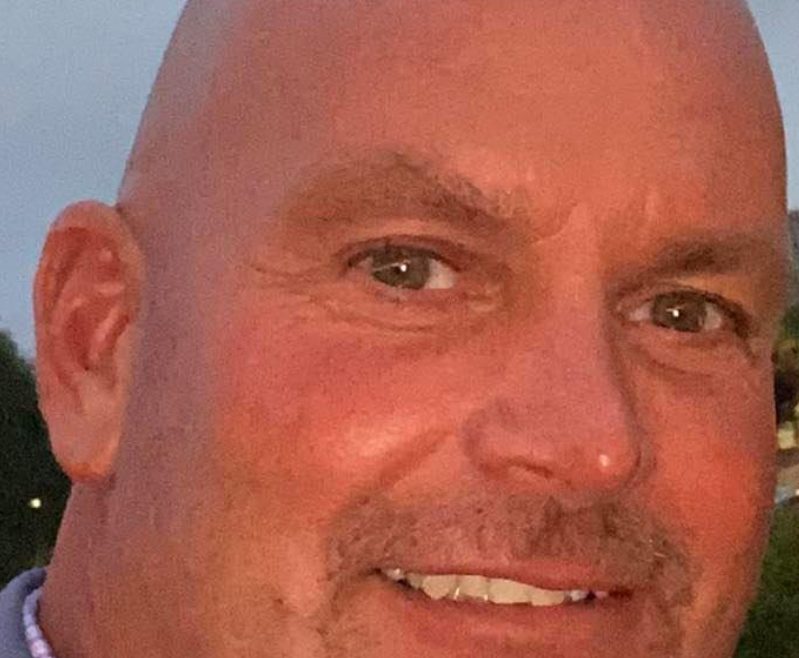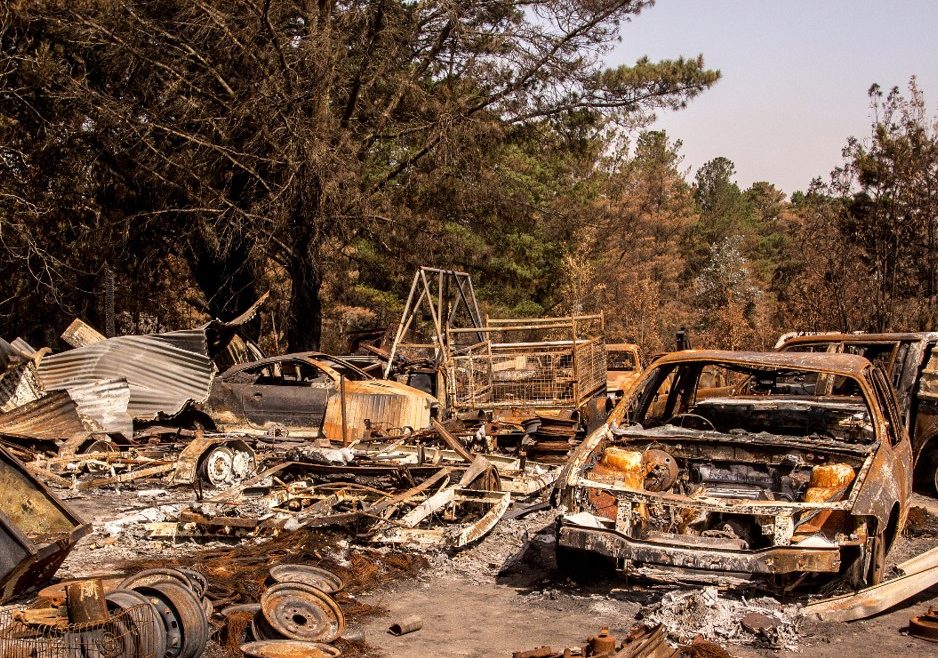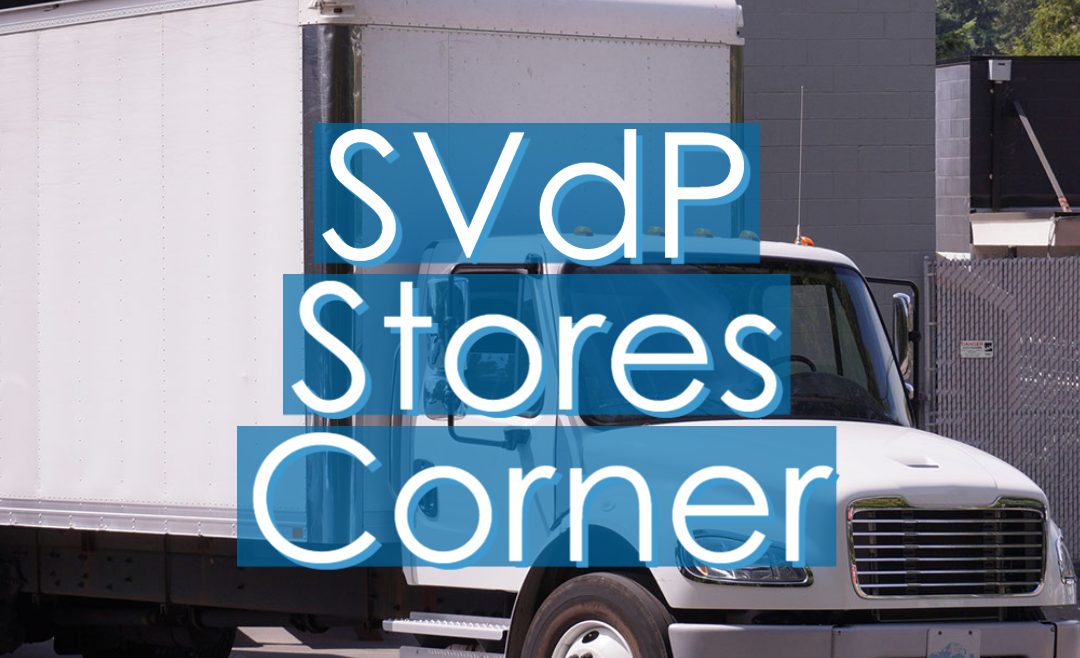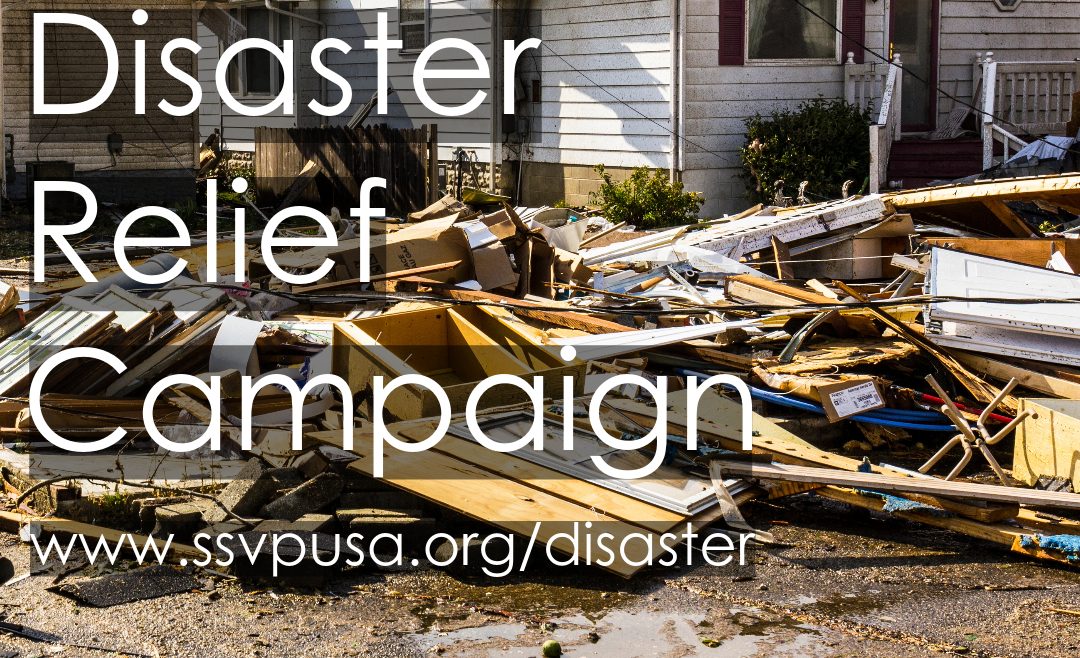What is the hardest thing you’ve ever done? I don’t mean running a 10K, bench pressing 300 pounds, or completing the New York Times crossword in record time. No, I mean what was really the hardest thing you have ever done? Was it to leave home and venture out on your own? Was it to ask that pretty girl out on the first date that resulted in a lifetime of love and family? Was it to leave an unhealthy relationship or change an unhealthy behavior? Was it letting go when you really didn’t want to? Was it leaving that comfortable, well-paying, secure job to take a shot at a new opportunity?
And why did you choose to do that thing? Close your eyes a minute and think about it.
OK, welcome back. I don’t know what you might have decided was the hardest thing you’ve ever done, but I am pretty sure that whatever it was, there a very important factor that was involved in your decision to do it: Vision.
When you began the thought process about that decision, I am willing to bet that (consciously or unconsciously) you went through a process of imagining the ‘other side’ of it. You had a vision of the consequences of success — or failure.. And as you contemplated your decision, you asked yourself “Imagine if I …”
Underlying that vision was an even more important factor: Faith.
Your faith — in yourself, in others, and in God — was the underlying core that made that vision something attainable and realistic, and thus gave you the courage to move forward. Likewise, in the decision process a lack of faith in any of those things might have given you the red light to say ‘No, this isn’t something I want to do/try/begin.’
In a few months we will begin what I have called our SVdP USA ‘Family Conversation.’ It is an opportunity for us to journey together in an exploration of the challenges and opportunities we have as we adapt to a changing world; just as we are called to do by The Rule, Part 1, 1.6. As we work together in this guided process over the next few years and journey together to adapt to a changing world, let’s keep those two very important principles in our minds.
Vision: “Imagine if we …”
Faith: “What is God calling us to do as his workers in the field to support our Sisters and Brothers in Christ?”
Because if we can answer those questions and do the hard things that result from them, then we will create a beautiful foundation for the future and those who follow us in this amazing vocation.
Remember the words of St. Paul: “I can do all things in Christ who strengthens me.”
Peace and God’s blessings,
John






